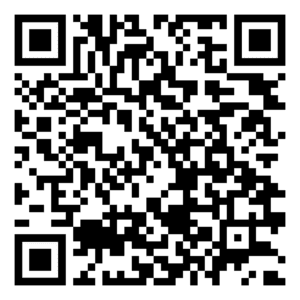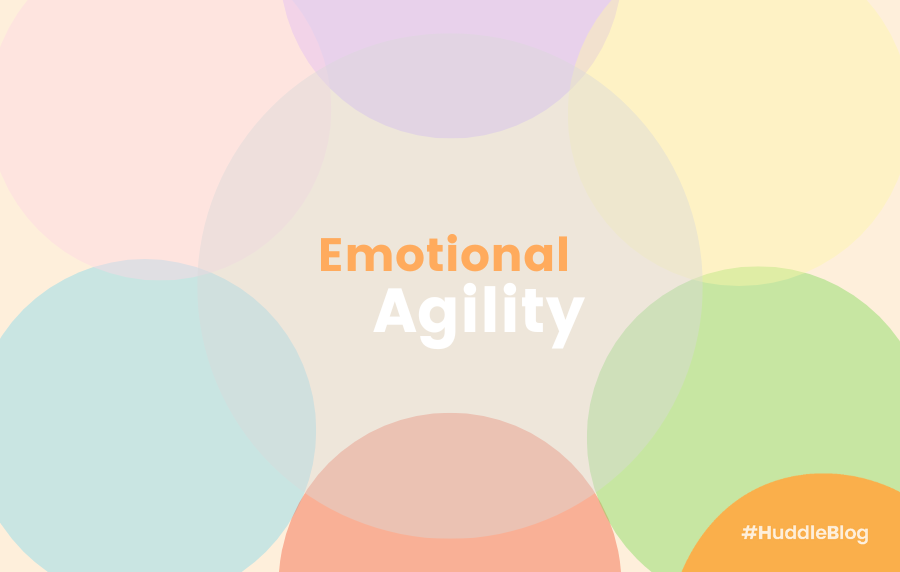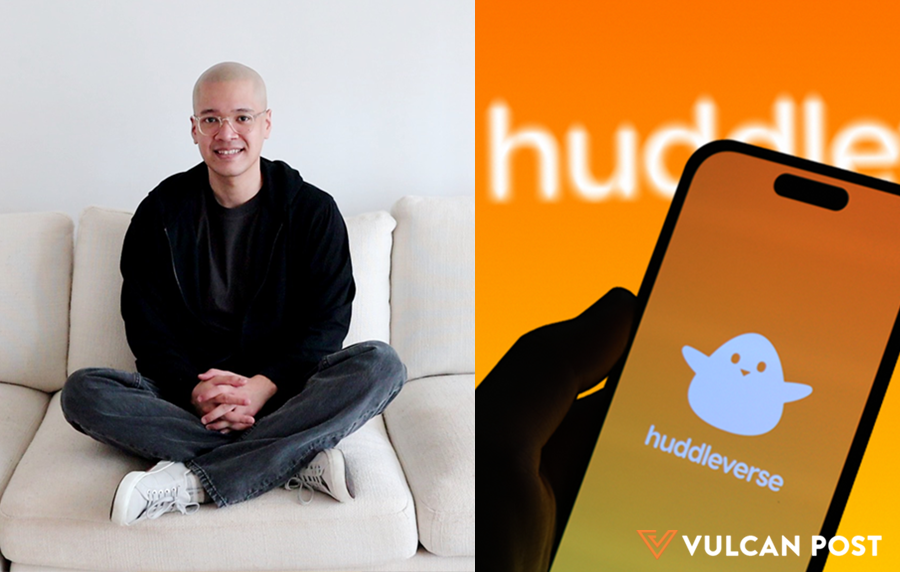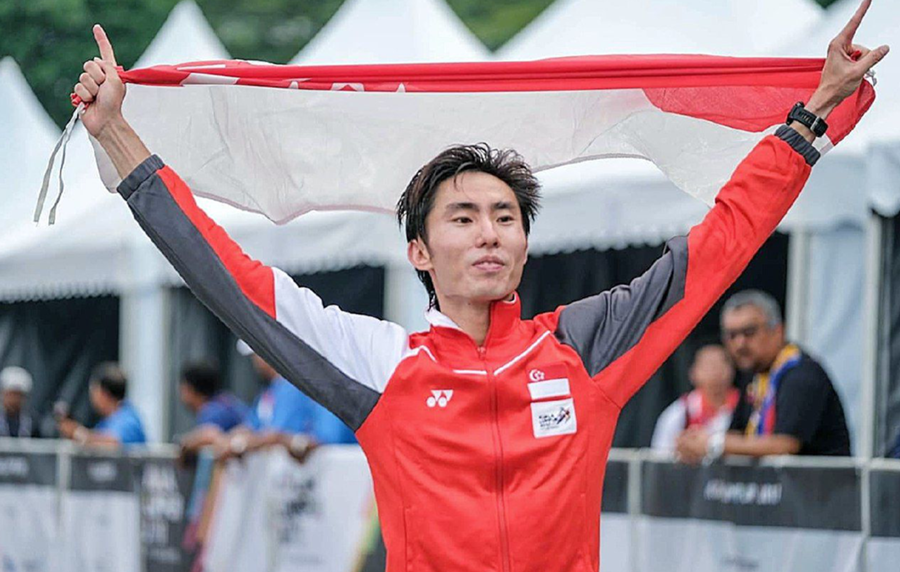Emotional agility is the art of navigating challenges in life through radical acceptance of all the spectrums of human emotion. The stories we tell ourselves about ourselves are strong determinates of our life’s success. The ability to confront difficult emotions helps us gain critical self insights. Understanding the different types of emotions we hold inside is the hallmark of resilience and effective relationships. We use this newfound awareness to adaptively align our actions with our values.
Many of us are accustomed to having decisions made for us since the beginning of our developmental years. This phenomenon robbed us of the opportunity to learn how to problem-solve. From a young age, most of us have all the different levels of our social structure (friends, family, community and society) taken care of. Our parents, teachers and political leaders make the necessary decisions to pave the way for us. The result is a society that depends on leaders and popular opinions for guidance in life. When a celebrity or someone of high social status promotes a certain way of life, we automatically think they are doing the right thing. That is because we are not in tune with our values and we lack emotional agility. Think about how parents tend to the needs of a child when they are going through pain. Parents often jump straight to the problem-solving mode when their child cries. But what a child really needs is for someone to guide them through the emotion and find space within themselves to hold this emotion. In this state of acceptance, we are then better equipped to process them. When faced with adversity, many would crumble and look outward for resolution because we were never taught what we’re supposed to do with them. Popularised belief on what it means to be successful further propagates this problem by putting our minds on achievement and a goal-based approach. It puts our minds outside of our emotions and we fall prey to thinking that seeking pleasure and happiness is our life’s purpose.
We live in a society that is so easy for us to opt-out of a situation. Escaping is always easier executed than taking the difficult way round. But taking the difficult route builds tenacity.
When standing at the crossroads, which do you take? The easy or hard route?
Emotional agility is a muscle that we have to strengthen through multiple situations that test our mental, physical and emotional grit. That is to take the difficult route. The word “tenacity” is all-encompassing. It defines courage, grit, strength, determination and persistence. At the same time, the root word also symbolises tenderness and heart. It came from the old French word ténacité and the Latin word tenacitas – meaning hold fast and stretch. When you hold on to your values and stretch them over time, you develop grit and find courage. Only through struggle can we find growth. In moving beyond the struggle, we build trust with our soul and develop the mechanism within that will take us through more adversities that are to come. Become an expert at problem-solving in the face of adversity.
Emotions in all their forms are entirely natural and it is what makes us human. We have a choice when these emotions arise. We don’t have to take action right away and our behaviours towards it can tell us a lot about ourselves. Our growing appetite for pleasure and happiness leads us to judge our emotions. These emotions are important signals in our life path. Ignore or push them aside and in due time you will start wondering why you’ve lost all the answers that take you toward your dreams. These emotions are here to tell you what is wrong, what works and what needs improvement. By taking the time to understand these emotions, we learn to notice the things we truly care about. For example, you see your friend being rude to the cashier and you notice yourself getting worked up and angry. Instead of immediately casting this “negative” emotion aside, take some time to think about why this emotion arose. Through deeper introspection, you may find that you really value respect for yourself and others. Having witnessed someone being rude, you felt that it did not sit right with your values. What you could do next is to bring this up with your friend and discuss his/her actions that discern the underlying observations about respect as an important value instead of impulsively projecting your anger at them. The basis of discussing or processing such emotions is to inject compassion and open-mindedness to find areas of growth.
We have collectively taught ourselves that emotions can be classified as good and bad. Take only the good and push away all the bad. Subjecting ourselves to such mental states deters us from unlocking our full human potential to be in our most effective and successful form. Our emotions do not exist in dualistic planes. They have evolved through generations to help us to respond appropriately and survive. Not working through them in turn perpetuates the vicious cycle of our overall well-being. It is a societal projected notion that feeling sad or angry is an unwelcomed emotion and we brute force it to go away. Doing so then brings up guilt and shame – two critical catalysts for a negative loop.
Dr Susan David shares an effective 4 step movement to help process emotions and build emotional agility.
- Showing Up: Noticing all the facets of your emotions in compassionate ways. Be aware of the need for labelling and judging our emotions. We are truly our biggest critics. Pave the way for positive change by accepting the range of emotions we all have as human beings.
- Stepping Out: Creating space for the range of emotions we have. Ask yourself why these emotions surfaced and what is it trying to communicate.
- Walking Your Why: How do we make life choices with our core values. Taking the time to understand what you value most will help you make decisions that will benefit your life in the long run. Instead of reacting to the situation, we want to pause and respond.
- Moving On: Tiny tweaks that take you forward. By instilling positive habits, driving motivation and a mindset that is in line with your core values. Never underestimate the power of small daily habits done purposefully.






